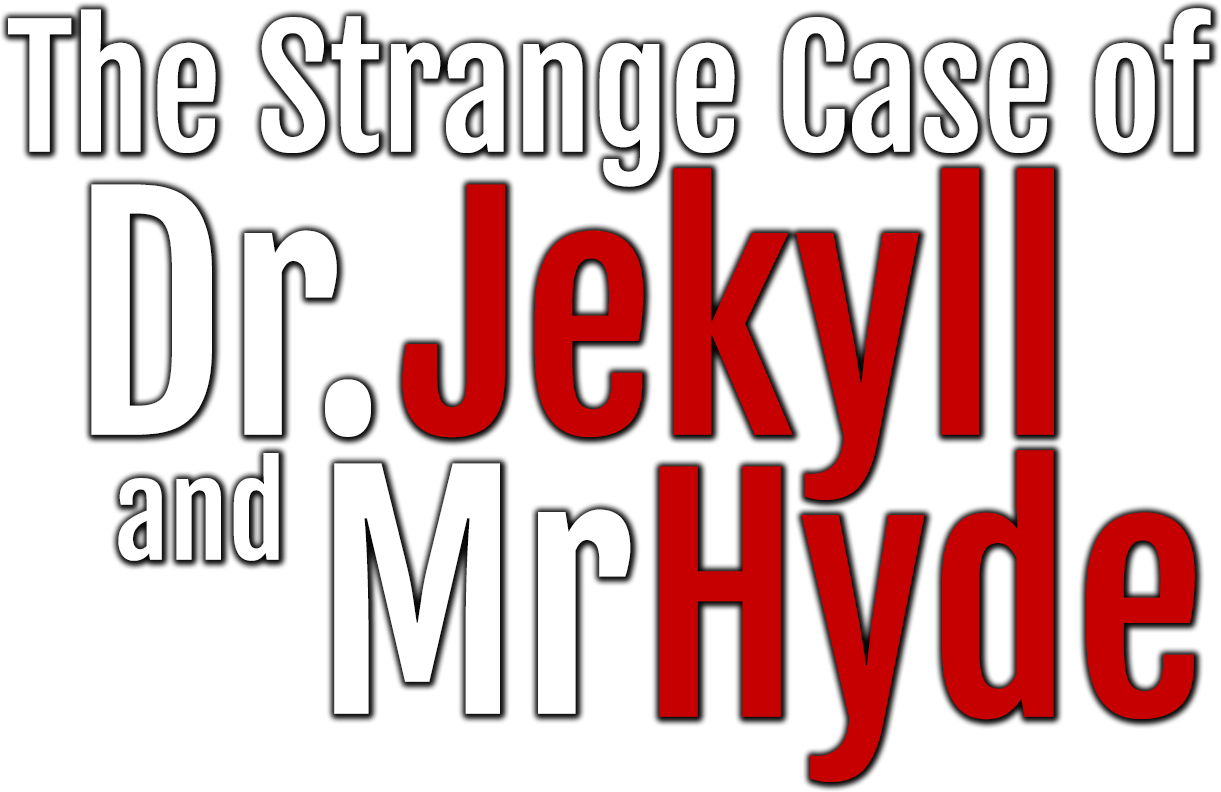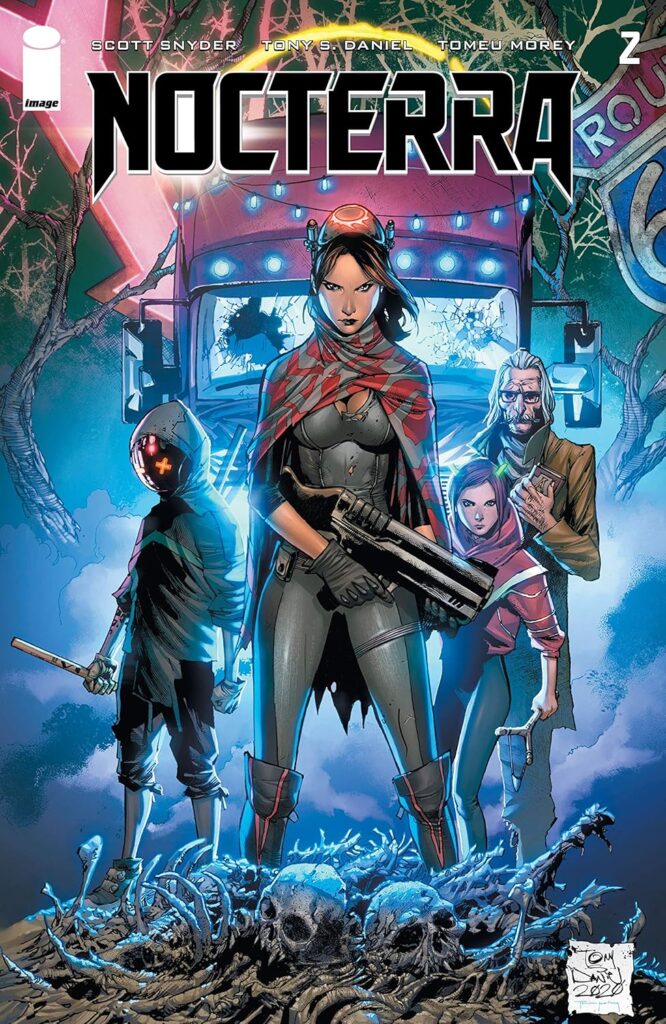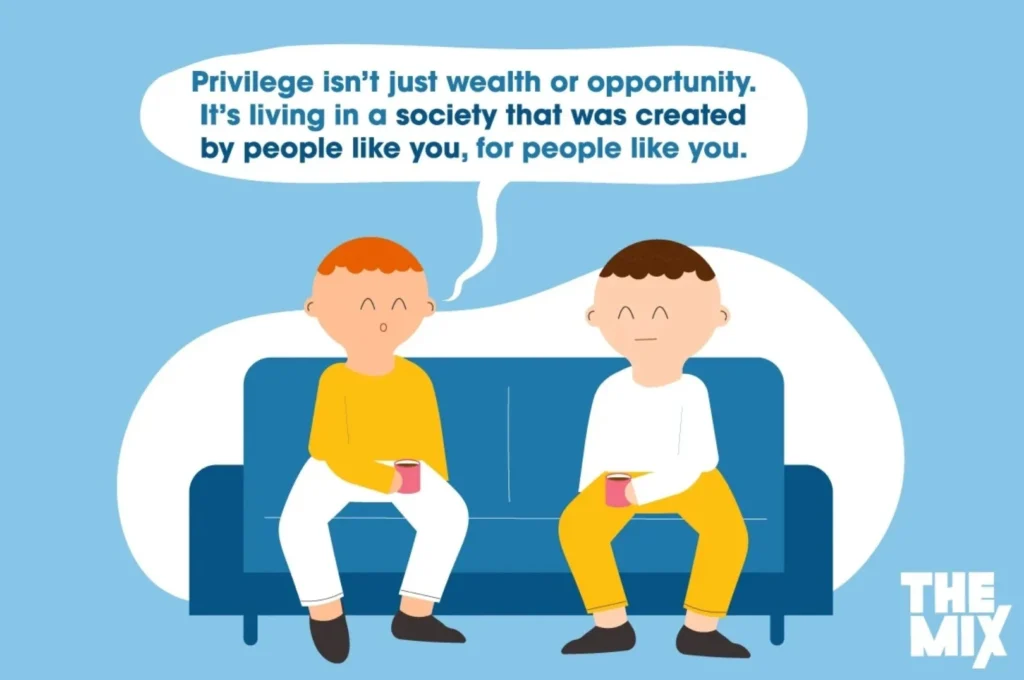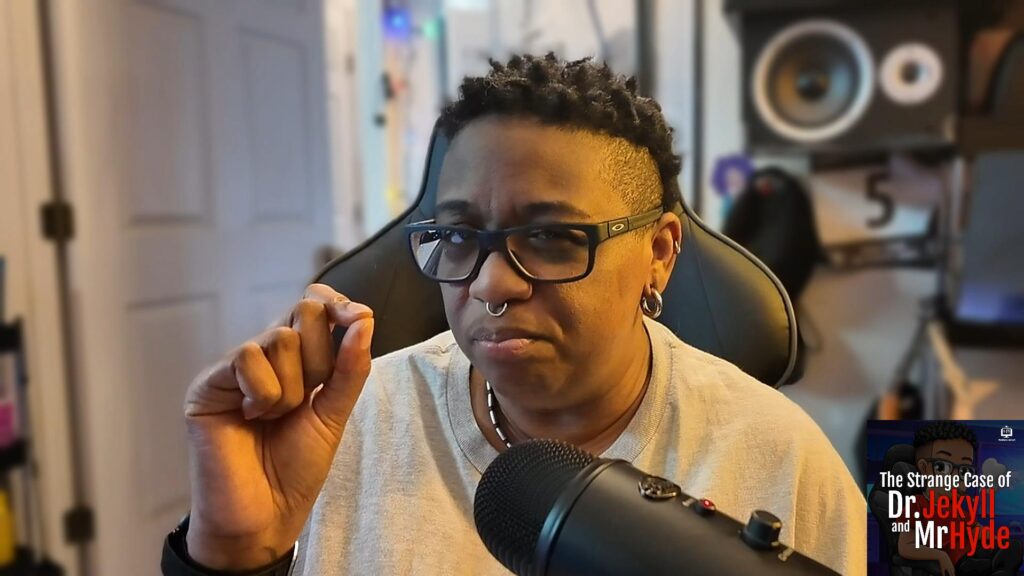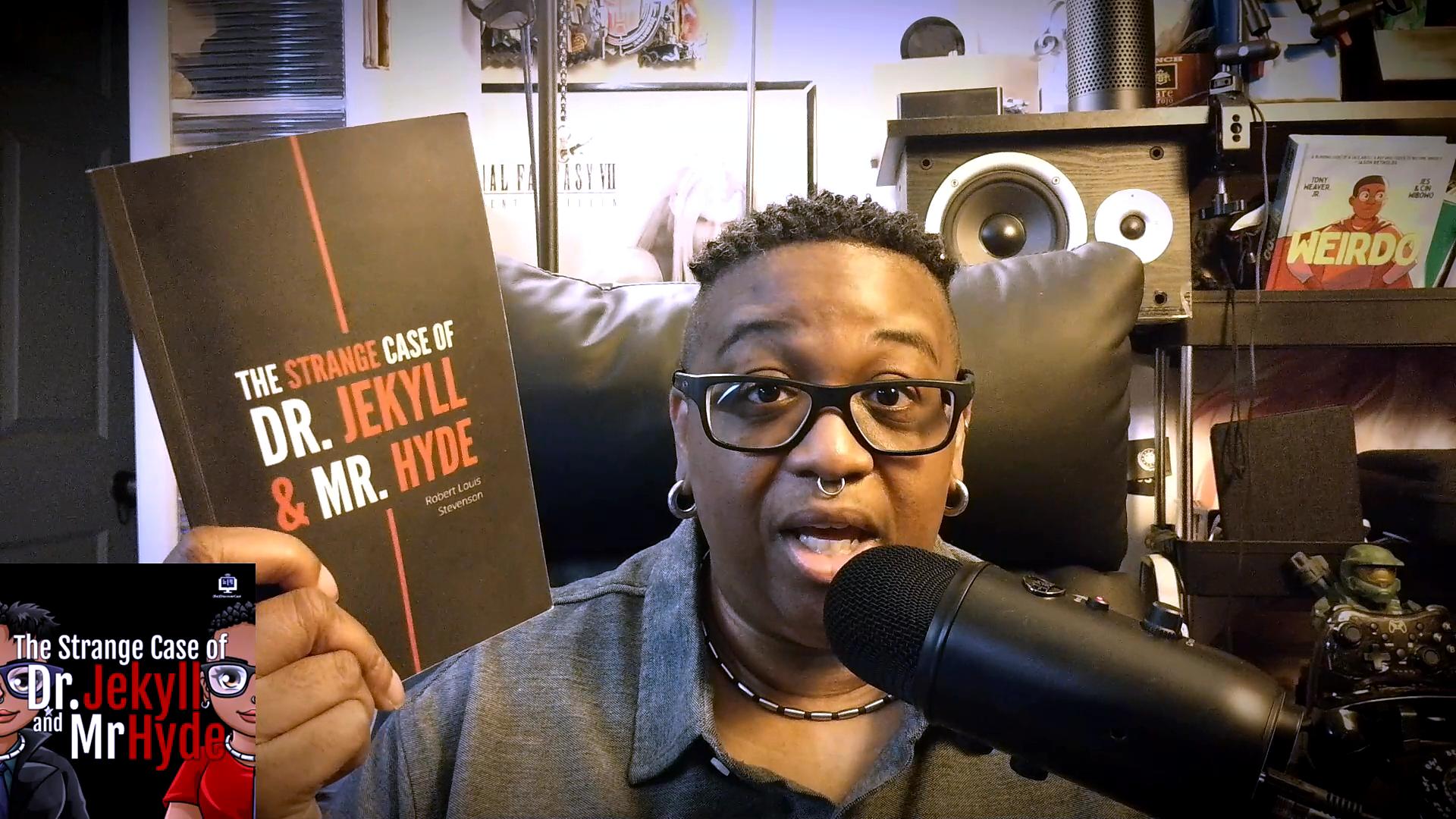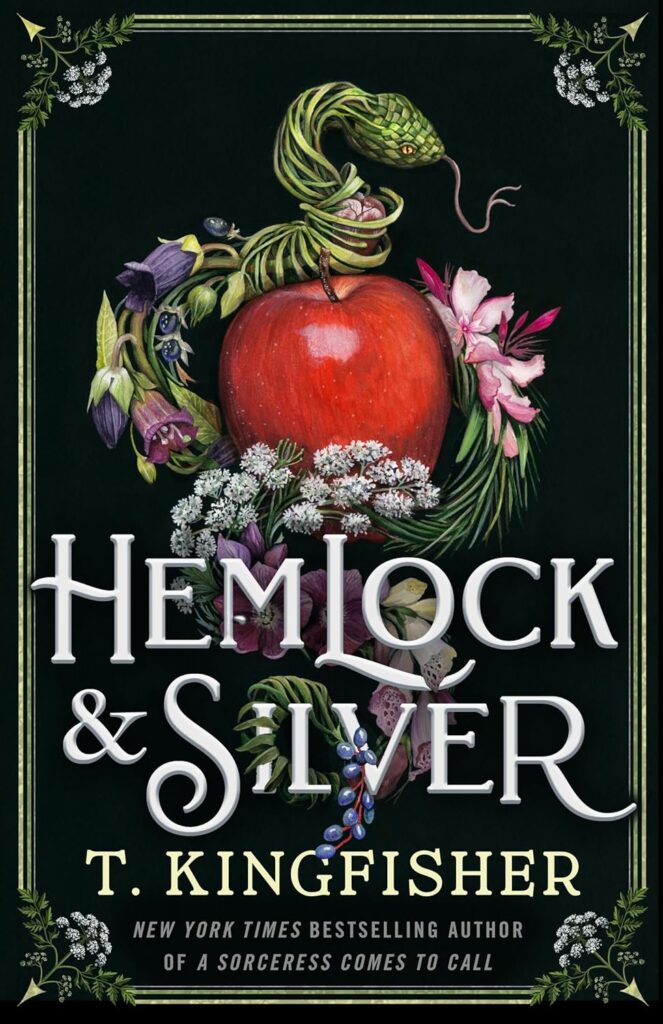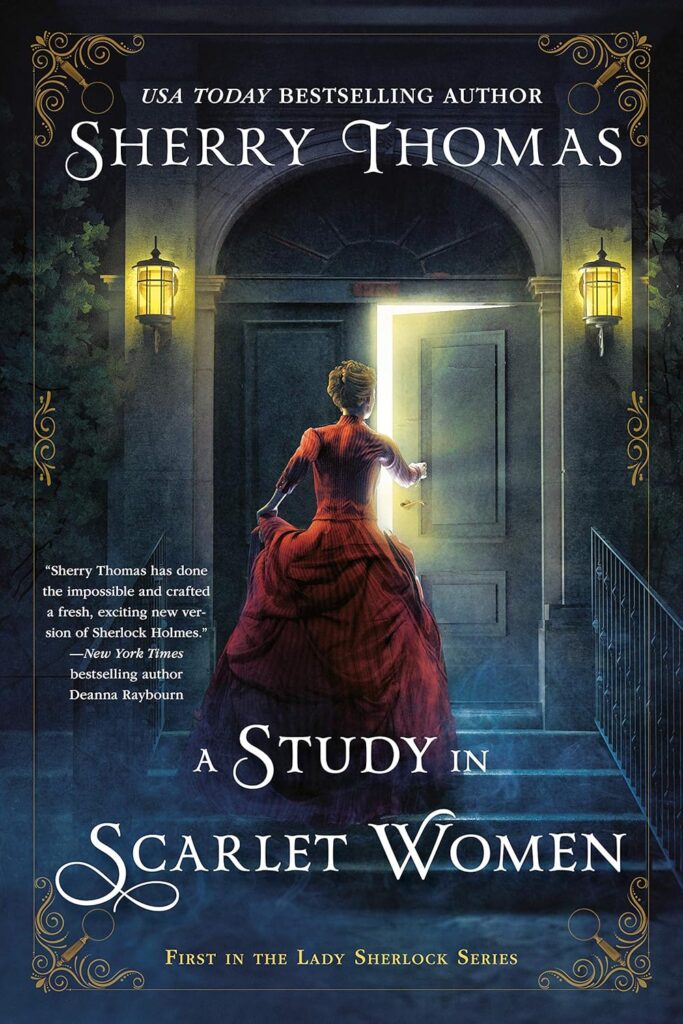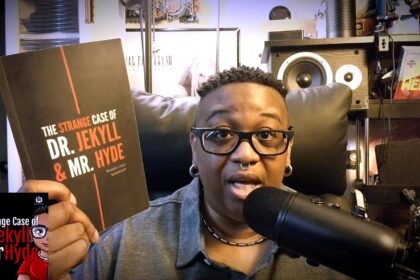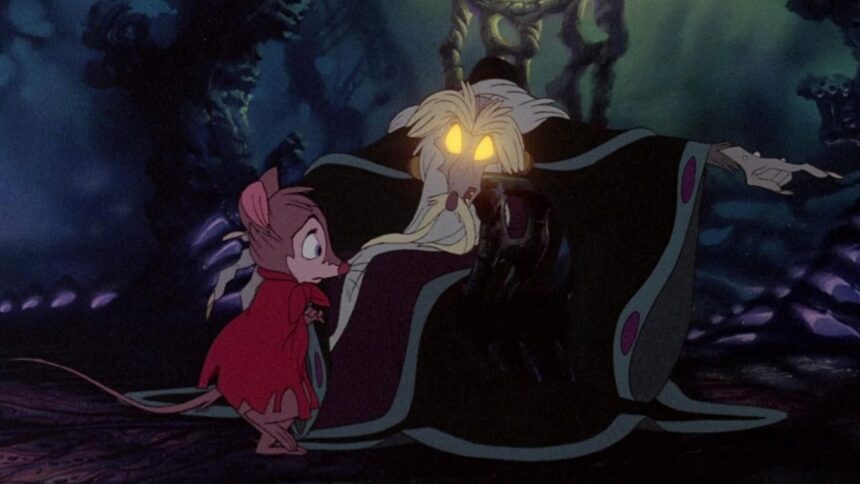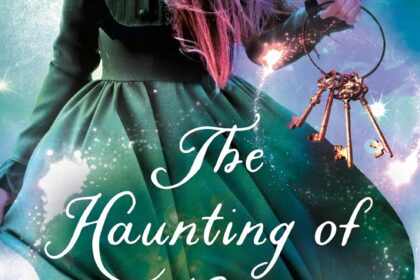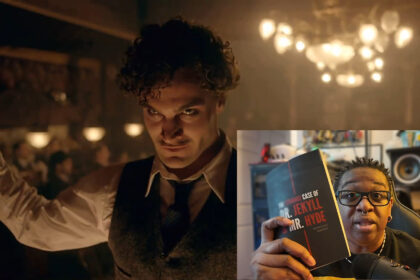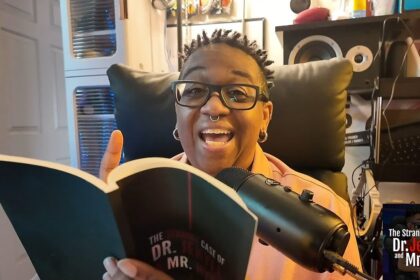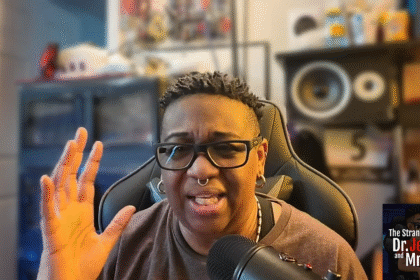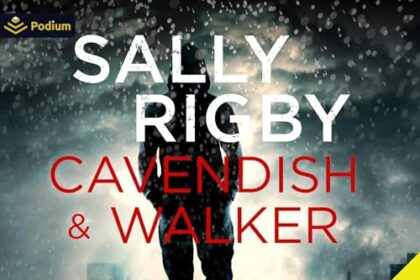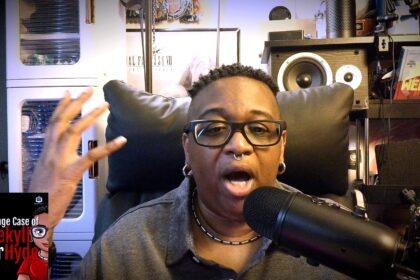Summary
Elaine discusses The Strange Case Of Dr Jekyll and Mr Hyde - Chapter 4 (Part 1)
Watch on YouTube > https://youtu.be/hKtQDmwAulU
The Carew Murder Case

I feel like I missed an entire section of this story. It went from zero to absolute bonkers madness in one page and it felt very jarring and also unbelievable. It’s a known fact that I cannot stand the phrase “all of the sudden” because it’s an absolute cop out for an actual understanding of reality and it’s used here in all it’s nonsense glory. We jump a YEAR ahead and it’s like … what the hell happened?
Mr Hyde goes from mildly irritating and unnerving to a brutal mad lunatic who beats people with such ferocity that he’s breaking canes. Like … seriously? What is this about? You just jumped ahead and decided you were done with any kind of lead up?
A lot is being said in this chapter. A LOT. I feel like perhaps this is the first chapter of what the story is actually trying to be and trying to express. The duality of society and people is on full display and it’s a bit unnerving to read at some points (more explained in Part 2).
Episode Transcript
[00:00:03] Welcome to Elaine Is Reading the strange case of Dr. Jekyll and Mr. Hyde. Episode seven, chapter four, part one.
[00:00:13] Chapter four is a mess. I feel like I missed an entire section of this story. It went from zero to absolute bonkers madness in one page. And it felt very jarring and also unbelievable.
[00:00:26] We jump a year ahead and it’s like, what the hell happened? Hyde went from rude and irritating to straight up murder. Shit has changed, y’ all.
[00:00:48] Hey, everybody, it’s Elaine, your favorite reader. I don’t know what that.
[00:01:01] Thanks, Corey. Thanks for that.
[00:01:06] Thanks for the absolute.
[00:01:11] That’s what you think of me. I’m not everyone’s favorite reader.
[00:01:15] All right, fine.
[00:01:17] We are back for another episode of Elaine Is Reading.
[00:01:34] I’m feeling kind of unsupported right now. I just want to say.
[00:01:39] Yeah, you can keep your. Your heart, you know. All right.
[00:01:45] The strange case of Dr. Jekyll and Mr. Hyde. We are on chapter four, I’m almost certain, which is the 1, 2, 3, 4. Yes. The Keru murder case, which is where last time I said everything kind of absolutely changes. And it definitely does.
[00:02:02] We have gone a year. I believe it is. Yeah. Nearly a year later. So the story has jumped ahead and there’s no buildup. It’s just. It’s a year later and someone’s dead. It’s not. There’s not even any kind of attempt to build any tension or anything like that. Someone has been bludgeoned to death, and that’s all there is to it.
[00:02:30] So my opinion of Mr. Hyde, obviously, has changed a little bit.
[00:02:39] But there were some things that I noted about this chapter that absolutely kind of, you know, made me think even more about the point that I’ve been trying to make about how people kind of perceive Mr. Hyde. That’s not to say that there’s a problem with how they perceive him now that he has bludgeoned someone to death, but just, again, the descriptions of him and the way that people kind of describe him and so on and so forth.
[00:03:14] So something that stood out to me, especially in this section, was, well, there are a few things. A few things that kind of, again, tell me more about the. The people of the day that Stevenson is kind of talking about or, you know, the way that he’s sort of critiquing society in this story. I am not terribly literary. I have not read any analysis of this book. I have not, you know, studied it or anything in any kind of literature courses. I’m just reading it. So I can’t say with any kind of actual authority, what he’s trying to say or do with this book. I’m only giving you my opinion based on how it makes me kind of feel to read what he’s saying and things that he keeps bringing up and things that he keeps reiterating that give me the impression of what he’s trying to say. I’m sure there’s a lot that’s been sort of written about this. And as much as it’s been discussed, which I’m sure is plenty, because it’s. It’s one of those classics that I’m sure people tear apart and whatever else, I couldn’t tell you what they say because I don’t read them. I’m not really interested in what other people say as far as their analysis of somebody else’s work, because any review is more a discussion of that person and less a discussion of what they’re reviewing. And then when you take academic analysis of something, not a review, but an academic analysis of a piece of media or a book, a film, or whatever, you can academic the shit out of something to the point where it loses all interest.
[00:05:15] And I think for a lot of people who were either forced to read these classics in school or something like that, or had to write book reports on them, and I said this, you know, a few episodes ago, I think that. I think that that destroys sometimes people’s enjoyment of literature or of any kind of media.
[00:05:35] I think the more you tear something apart and try to force someone to see something in a particular way and then force them to write on it and try to give their version of it in a way that’s going to get them an A, as opposed to just kind of writing what they think, I think it sucks the life out of things. And while I didn’t experience that directly growing up in school, because I was either not terribly interested in what we were reading in English classes, even though that was my best subject. I was an avid, avid reader on my own. And the stuff that they were having us read was either not terribly interesting to me, or I always felt like I was being pushed in a particular direction. And I was always trying to find ways of either doing my own kind of reports or alternative viewpoints of things to try to just make things a little bit more interesting.
[00:06:29] And some teachers liked that and some teachers did not. So I either did incredibly well in English, depending on whether the teacher gave me any ounce of respect, or I did terribly poorly in English based on the teacher not liking my level of independent thinking.
[00:06:47] So I think that I can come at classic literature in my own way without being pulled in a particular academic direction, simply because I don’t care about the academics.
[00:07:02] So I’m not an expert. I’m just telling you my experience with media, which is always what I’m doing. I’m only telling you how I experience the media that I read or watch through my lens. And I’m just me. So it’s going to be different from you and everyone else out there, and it should be, or else what’s the point? Right.
[00:07:26] So I don’t know what kind of things.
[00:07:31] Oh, sorry.
[00:07:32] I’m trying to do, like, too many things at once, and I need to focus. I don’t really care so much about what truly he was trying to say.
[00:07:42] I think that I might be able to sort of figure out maybe his. His point, what he was trying to give in the time that this was written. But I have no concept of what that time was like. And I couldn’t imagine coming up in a time in history where there were probably a great deal of forces at odds with each other in the sense that.
[00:08:10] Actually, I shouldn’t even say that because I think that’s happening now where there’s a force of change and then there’s a force of not change. There’s people who are trying to embrace change or trying to embrace a different way of living life, and then there’s people that want to hold onto the old ways. So, yes, I can actually understand that. I take that back because I think we’re in the middle of that now, where we have, you know, the younger generations that sort of realizing that everything is a lie, and then the older generations kind of saying that that’s just how the world is, you know, and if we had to deal with it, so do you kind of thing. I think there’s a constant clash between what the future is going to look like versus what it’s always looked like.
[00:09:01] So I can kind of understand what he’s trying to suggest as far as what. Where society is going. And I can’t imagine what it would have been like to try to create any kind of social commentary at that time, being between such forces, you know, in society of people who are trying to hold things so tightly and people who are trying to reach so blatantly for something new.
[00:09:31] But as far as the academics in the sociopolitical aspect of this book, I couldn’t say. I’m only kind of giving you how it makes me feel and what it brings to my mind as a modern reader with about this much knowledge of Victorian, like English literature.
[00:09:54] So I think the way that he keeps bringing certain things up about what society is doing and how they see things and stuff like that kind of tells me that maybe his feelings are closer to Dr. Jekyll’s manifesto of what he thinks about society. I think the author also maybe has. It’s not just like a pure fiction, made up fever dream or something, though I think it probably is a bit of a fever dream of this character. But I think maybe that dream is something that he feels. I get the impression, I don’t think authors write stuff that they don’t feel. So I think maybe how he felt is in here. I think this character is reflecting maybe some of his own beliefs and what he wants to say about society and, you know, where things are going or something like that. I feel that in here. But again, I do not know and I’m not saying that he is, I’m just. I get that. That impression.
[00:11:09] So something that stood out to me again are these descriptions. There’s a lot of description of how people look, right?
[00:11:22] There’s everyone is either pretty beautiful or disgusting and satanic. And I think that, that there’s no in between, right? There’s no middle ground here. There’s either you’re beautiful, you’re gentlemanly, you’re, you know, you’re someone who does good, right? Or you’re corrupt, you’re ugly, you’re evil. Evil. That’s. That’s really all there is to it. There’s no middle ground. There’s no way to walk a line between beautiful and not so beautiful. It’s just you’re either beautiful or you’re ugly. And I don’t think that that’s really changed in society now. But it’s very clear in this book that there’s only two sides of things. And I think that’s the whole point of Jekyll and Hyde. There’s only two sides. You’re either good and a part of society and you’re beautiful, or you’re ugly and not a part of society and you’re Satan.
[00:12:24] And maybe that’s the whole Victorian thing to begin with. You’re either you know, a part of the good world or you’re a part of the bad world.
[00:12:40] You’re either a saint or a sinner, right? Something like that.
[00:12:45] So I feel like the way that Hyde is described and the way that everybody else is described as beautiful is very telling, right?
[00:12:58] So they talk about this maid who lives alone and she’s described as romantically Given. Right. So there’s a maid that sits in her window, and she’s kind of looking out of her window and looking over the city or looking out in the city. And it says that she was romantically given, for she sat upon her box, which stood immediately under the window and fell into a dream of musing.
[00:13:31] Never, she used to say, with streaming tears when she narrated her experience.
[00:13:38] Never had she felt more at peace with all men or thought more kindly of the world.
[00:13:46] So she’s kind of sitting there just, you know, looking out at the. At the city, at the world, and she’s having this romantic musing where she’s just like, oh, isn’t everything lovely? Right? That kind of person.
[00:14:01] And okay, that’s fine. But it’s. It’s very.
[00:14:04] Again, it’s purposeful that, you know, they’re giving us this sort of introduction to how this began.
[00:14:14] So this romantic musing woman who just never has she loved all people more than she does right at this moment is going to witness this absolutely brutal murder.
[00:14:27] So as she sat, she became aware of an aged, beautiful gentleman.
[00:14:37] Okay, that is again, very specific.
[00:14:41] Aged, beautiful gentleman. So not only is the world beautiful and the city is beautiful and the night moonlight is beautiful, there’s an aged, beautiful gentleman down on the street, and he’s moving towards another person who. Well, it says he’s advancing. Another person is advancing to meet him.
[00:15:06] A very small gentleman. Here we go again.
[00:15:10] To whom she paid less attention.
[00:15:13] Okay, so we have the aged, beautiful gentleman and then the very small gentleman of whom she’s paying no attention whatsoever because she’s so romantically inclined and enamored with this aged, beautiful gentleman. And then we get even more description.
[00:15:35] When they had come within speech, which was just under the maid’s eyes, the older man bowed and accosted the other with a very pretty manner of politeness.
[00:15:48] Okay, so he’s aged, he’s beautiful and he is pretty. He has a pretty manner of politeness. He is. She can’t necessarily hear what they’re saying, but she, you know, they’re right under her window, let’s say, like under. Like a lamp. And she’s kind of observing these two men, but she’s really fixated on the very beautiful, polite, aged gentleman.
[00:16:16] It did not seem as if the subject of his address were of great importance. Indeed, from his pointing, it sometimes appeared as if he were only inquiring his way.
[00:16:28] But the moon shone on his face as he spoke and the girl was pleased to watch, Seemed to breathe such an innocent and old World kindness of disposition, yet with something high too as of a well founded self content.
[00:16:47] So this is a maid sitting at her window and she’s already got all this information on this dude. She is paying so much attention to this aged, gentlemanly, beautiful man. She’s got all this information about him. She can tell you everything about him. Oh, he looked like he was just kind of talking casually about where he was going and he was so polite and it didn’t seem like he was saying anything really important, but he was just kind of talking and, and making conversation. It’s like, you know all this about this guy.
[00:17:20] Like this is your observation that you’re making sitting in your window like you, you have all this understanding of this dude who has captured your attention because he just is so beautiful to you, right?
[00:17:34] Then there’s the other guy.
[00:17:38] Her eye wandered to the other and she was surprised to recognize in him a certain Mr. Hyde who had once visited her master and for whom she had conceived a dislike.
[00:17:53] I want to look up this word for. Oh, I can’t because I turn my phone off.
[00:18:00] Let me.
[00:18:01] No, no, I can use my thing. Let me, let me look up this word for a second.
[00:18:06] Actually, I’m going to use the etymology dictionary.
[00:18:15] Anyone who knows me or you know, follows me on coso knows I’m a big stickler of language and communication and I’m, I’m looking up this word of conceive, especially as it related earlier, as it was used earlier in language so to form a general notion in the mind, but the original sort of meaning of it in French and English to take into the mind.
[00:19:07] And I’m highlighting this as I read this to form a correct notion of.
[00:19:18] So what is a correct notion?
[00:19:24] Right? It’s not just to conceive isn’t just simply to have an idea, to come to some sort of thought right about something.
[00:19:36] It says to have a correct notion of.
[00:19:42] So to conceive of something means sort of automatically that what you’re coming to is the correct idea of whatever that thing is.
[00:19:53] And I think that the whole point of Mr. Hyde is that the conception of him by all of these people, which I, you know, will die on the hill, that these are projections that people have from within themselves is correct.
[00:20:14] That is exactly how you’re supposed to see Hyde.
[00:20:19] Whatever dislike, whatever distaste, disdain, whatever feeling of deformity which comes up often in descriptions that he has, there’s a sense of deformity.
[00:20:33] I think that that’s very much coming from within each person who is Confronted with him, who’s dealing with him in any way, what he triggers in them is that some part of themselves that is represented by him.
[00:20:54] And I feel this so strongly because, again, it doesn’t make sense how this small man can create such large emotions in people except that they’re triggered by him in some way, right?
[00:21:16] Some faults of theirs or some deformity in themselves is what makes them recognize themselves in him. Right?
[00:21:26] And that instant you know, feeling that they feel towards him is because it’s like it’s a mirror, but not a mirror. It’s not a mirror that seems blatantly obvious at first.
[00:21:40] And I think a lot of people are like this. I think a lot of people see people that sort of disgust them, but it’s really themselves that they’re disgusted with. And that person is just triggering something in them.
[00:21:56] So Hyde, even more so in the way that the media depicts him in all of these different adaptations, which, as I said, are all done by men. There’s something about, you know, men and the way they interpret other men, I think that tells you a lot about the men that are making it.
[00:22:20] They always want to make Hyde so much larger.
[00:22:25] They want to make him the focal point, and they want to make Jekyll weak. And they want to make Jekyll, as I said before, sometimes a little effeminate, sometimes very mild and frightened.
[00:22:42] And Hyde is represented as this not at all frightened, very outspoken, charming, dark, huge, imposing man.
[00:22:56] And that is the opposite, right?
[00:23:00] And I find it so curious that men want to make.
[00:23:06] It’s like I can’t quite put it into words, what I’m trying to explain, but it’s. It’s very telling that men sort of reverse Jekyll and Hyde when they interpret it.
[00:23:25] Because when you get to the end of the book and you’re kind of reading Jekyll’s diary, his manifesto of what he, you know, thought about the world that he occupied and how, you know, his sort of disdain for that world. He’s anything but weak. He’s anything but frail. Fight frightened. You know, he’s not that.
[00:23:53] He has a very specific feeling about the world.
[00:23:58] He, you know, he expresses his nature very strongly. Right. He’s not a weak person.
[00:24:10] He’s not timid by any means.
[00:24:14] So it’s weird to me that they.
[00:24:17] They do that to him and they.
[00:24:20] They kind of. They. They want to punch up the.
[00:24:24] The negative, the dark right part. They want to make. Everything I’ve seen is hide as the focal point. Hyde is the most interesting character. Hyde Is, is the person that the story sort of follows. And Jekyll’s almost like a victim that we don’t want to pay much attention to. We want to focus on the, on the Hyde part of it.
[00:24:44] And that’s just such an interesting focal point to me because if I was going to tackle this, I would be so interested in, you know, Hyde’s perspective as an extension of Jekyll’s feelings about the world.
[00:25:09] Not so much that he’s like a split of Jekyll or that he’s an alter ego or something of Jekyll, which would assume that Jekyll is again, the opposite of Hyde as the way that people interpret him. So that he has to be like, not interesting, not charming. He has to be very meek and very mild and he has to be afraid of his own shadow, that kind of thing, in order to have an alter ego like Hyde that is, you know, running around beating people in the middle of the street and trampling children on every, you know, every street corner and stuff like that. Or in the case of some of these adaptations, he’s the one charming all the women and he’s the one that intimidates everybody, like, but he’s not that at all.
[00:25:58] So why do men try to adapt him into this person that does all these things when he’s not the opposite so much of Jekyll, but more his ver. Jekyll’s version of freedom?
[00:26:20] I guess.
[00:26:23] I don’t know. I.
[00:26:25] Men are weird, you know, like they, they have a lot of weird hang ups and I, And I think that that comes through in the way that they interpret media, the way that they behave, the way that they express themselves and they want to take hold and change everything.
[00:26:47] To sort of put them in a, in a different kind of light, I think. And I think the interpretations of media by men reflect more what they want to present and less what is actually there to be presented, if that makes any sense.
[00:27:06] So this maid has this very cl. Oh, this very clear picture of this aged.
[00:27:18] Now I have something in my, my eye.
[00:27:23] Hang on.
[00:27:26] Okay.
[00:27:27] This maid has such a clear understanding of this guy. I mean, she’s just, she loves this man. This man is.
[00:27:35] He’s everything, right?
[00:27:37] And then she sees Hyde, who she just hates. We’ll just say it like that she conceived a. Dislike, whatever. She just thinks he’s disgusting.
[00:27:46] And in his hand he had a very heavy cane, you know, and he never, he never spoke. Wow.
[00:27:56] Wow, I can’t win.
[00:28:04] So she’s watching these two men talk the Beautiful aged man and the gross guy.
[00:28:09] And Hyde doesn’t even really say anything. He’s just kind of talking or rather listening to this guy.
[00:28:16] I don’t even know what this guy is saying. Maybe I don’t know if they’re supposed to be meeting or whether this is a chance meeting. I have no idea what’s happening. And it’s never actually explained to you if these two know each other or anything like that?
[00:28:31] It just says that there was a beautiful aged gentleman walking and advancing to meet him was a very small gentleman. And they have a conversation. It’s not like they’re having an argument or, you know, raising their voices because she can’t hear what they’re saying. They’re just. They meet up and the old guy is just kind of talking to him and pointing and maybe he’s just talking about the evening. We don’t even know. We have no idea.
[00:29:01] And then my favorite phrase in all the world.
[00:29:10] And I say that.
[00:29:11] What’s the word? Facetiously.
[00:29:14] Facetiously.
[00:29:16] Facetious.
[00:29:22] Facetiously.
[00:29:27] I hate this phrase. And I, and I think that this is such a cop out phrase and it’s used so often in life.
[00:29:39] And then all of the sudden nothing, aside from the occasional natural disaster and even that, not often and maybe like a heart attack or a stroke happens all of the sudden.
[00:30:05] There are always indicators, there’s always signs, there’s always build up.
[00:30:12] It’s only all of a sudden because people aren’t paying attention right? In any situation.
[00:30:19] It’s not all of the sudden I fell all of the sudden I was naked all of the sudden I had a drink in my hand. There’s no such thing as all of the sudden except for very, you know, specific circumstances.
[00:30:39] It’s not all of the sudden. It’s just either you’re blocking out everything that led up to it or you’re ignoring everything that led up to it and pretending that you’re surprised by the outcome. It, it. There’s no all of the sudden.
[00:30:55] I can’t stand that phrase. I don’t like it in writing and I don’t like it when people use it to describe events. It’s not all of the sudden, it just is not when it is all of a sudden. I’ll give it to you. It’s shocking, it’s surprising, it’s terrifying when it’s all of the sudden. But most things where you say all of a sudden, they’re not sudden.
[00:31:20] They have built up to a point and that point explodes. And you’ve just Been ignoring the buildup for whatever reason, either willingly or knowingly or accidentally or whatever it is. You’re just missing everything up to the moment of that explosion that you consider to be sudden. But it’s not. All of the sudden.
[00:31:47] I don’t like that. This explosive chapter in the book is because of an all of the sudden.
[00:31:55] All of the sudden he broke out in a great flame of anger, stamping with his foot, brandishing the cade and carrying on, as the maid described it, like a madman.
[00:32:09] So these two guys are talking, we don’t hear what they’re talking about and all of the sudden Hyde goes nuts.
[00:32:20] I’m not saying that people don’t go nuts, but they don’t go nuts all of the sudden.
[00:32:28] It doesn’t happen like that. It is gradual. There are signs.
[00:32:34] You can see it happening. They know it’s happening.
[00:32:39] All of the sudden usually indicates a significant amount of delusion and denial when it’s used in this way.
[00:32:49] All of the sudden, he went crazy.
[00:32:53] He was crazy.
[00:32:55] You ignored it for whatever reason and now something is happening that you can no longer deny.
[00:33:03] That’s not sudden.
[00:33:05] It may be sudden to you because you’ve been living in Deluland and ignoring everything and living in your own reality, but it is not actually happening suddenly.
[00:33:18] It’s been happening incrementally and now it’s finally popped off and you’re surprised.
[00:33:29] All of the sudden.
[00:33:32] All of the sudden Hyde beats this man to death. And I’m not saying he picks up his cane and wallops him on the head once and goes off on his merry way. He beats this man with an ape like fury.
[00:33:52] He was trampling his victim underfoot, inhaling down a storm of blows under which the bones were audibly shattered.
[00:34:05] If you can hear bones shattering from your window, that’s pretty nasty.
[00:34:12] At the horror of these sights and sounds, the maid fainted.
[00:34:17] So the first part of this chapter is this maid telling us or recounting that she had a moment where she thought the world was wonderful and then all of the sudden it wasn’t.
[00:34:36] I hate to break it to this maid, but it was never wonderful. Okay, so all of the sudden Hyde goes crazy and beats this man to death and tramples him and jumps on his body with an ape like fury and and shatters his bones with this heavy cane and then leaves his body in the street.
[00:35:03] So we went from, you know, Hyde getting blackmailed for, you know, running over some child who ran into him more than anything else.
[00:35:14] And a year later he’s beating old Beautiful men to death for no reason. No discernible reason whatsoever. Just some guy comes up to him and says, what a lovely night it is. How are you? And he beats him to death.
[00:35:32] Now, I don’t know what happened in the year up to this point.
[00:35:38] And it bothers me that I don’t have any information about what happened in that year.
[00:35:44] It bothers me that Utterson, who has been so invested in the situation all this time, has not indicated or given us any indication of anything that’s been going on for a year. You’re telling me that in a year’s time you didn’t see Jekyll? You didn’t go to one of Jekyll’s parties? You didn’t observe him out anywhere?
[00:36:06] It jumps ahead a year and jumps ahead. In the violence, Hyde is painted as just a dude that creeps people out.
[00:36:17] And then a year later, he’s a brutal murderer for absolutely no reason whatsoever.
[00:36:24] And I have trouble with this part of the book because to me that’s a huge leap.
[00:36:33] I don’t see Hyde as being anything other than misunderstood at the beginning of the story.
[00:36:40] And then all of the sudden he. He’s crazy. If he was always crazy, then you should have given us something. And no, I’m sorry.
[00:36:50] Running into a child is not it.
[00:36:54] And being forthcoming in the way he speaks is not it.
[00:36:59] And being a little suspicious because he’s not a gentleman is not it. Those are not lead ups to mass murder, okay? There are lead ups to mass murder, there’s lead ups to gun violence. And all of those things are big and blatant and obvious to everyone who witnesses them.
[00:37:24] But nothing is done until all of the sudden there’s a shooting, right?
[00:37:31] This isn’t like that. Hyde is not that person. Hyde is not the person who you go, oh, oh, right. He’s not doing things like that in my mind. In my mind, he’s being blackmailed by people that don’t like him. Everybody hates him because he looks different and therefore they assume he’s bad just because a good friend of theirs associates with him.
[00:37:59] He must be a blackmailer even though there’s no proof. But who needs proof for anything these days? If you watch the Olympics, you know, we don’t need proof for anything, right?
[00:38:10] So who needs proof that he has done any of this stuff?
[00:38:14] It’s. You just need how someone looks and how many people don’t like the way that person looks. There’s your proof.
[00:38:25] Really?
[00:38:27] Is that. Is that how it works these days? I guess it is. How it works these days. I guess it’s how it works in these days as well, because Hyde hasn’t done anything at the moment.
[00:38:38] Then a year later, all of a sudden, he beats somebody to death in the middle of the street, completely unprompted. And I’m supposed to say, see, I told you.
[00:38:49] I told you there was something wrong with him. This whole time, in 26 pages of this book, you did not give me enough evidence to say that there’s anything wrong with Hyde. Aside from the fact that you don’t like how he looks and you don’t like how he behaves and you don’t like how he talks to you.
[00:39:09] That’s all you’ve given me.
[00:39:11] And then a year later, he kills somebody. And I’m supposed to go, well, of course, because he’s short.
[00:39:28] Is that.
[00:39:29] Is that how this works now?
[00:39:32] Is. Is this. Is this. Is what I’m supposed to believe that you’ve given me in 26 pages sufficient evidence to what?
[00:39:45] It makes zero sense. It goes from zero to nonsensical.
[00:39:54] End of part one. Thanks for listening.
